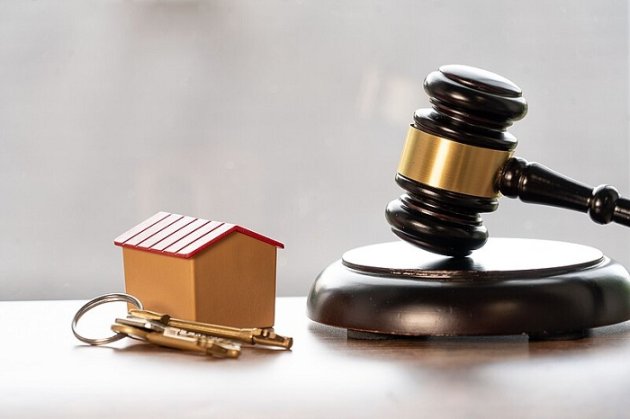When someone dies, it is often expected they have a will that states what they would like to do with their assets. However, not everyone has a will. In these cases, there is a process where the estate can be handled and assets can be split according to probate. Those who are in charge of handling the estate of a deceased person or who may be the heir to the estate will want to speak with a lawyer to learn more and get help through this process.

Table of Contents
The Next of Kin is in Charge of the Estate
If there is no will naming an executor, then the next of kin is in charge of the estate and receives the assets from the deceased. The next of kin is typically the deceased person’s spouse, but if they were not married at the time of their death, the next of kin will be their children. If the deceased was not married and did not have children, the next in line could be the heir to the estate. In cases where it’s not easy to determine the heir or there are questions about whether someone is an heir, a law firm like Ruelas Andino Law can help.
Determine Ownership of Assets
It is important to determine the ownership of all assets. If the asset is only owned by the deceased, it is part of the estate. If it was jointly owned with someone else, that person may receive the asset. This can be complex, as there are different types of ownership for various assets, so it is important to gather all relevant documents and work with a lawyer to determine who will become the new owner of those assets. They can help determine ownership of each asset to figure out who receives that part of the estate.
Making Payments Until Estate is Settled
It is important for some payments to continue after the person’s death until the estate is settled. These payments should come out of the estate, so the person in charge doesn’t need to worry about paying out of pocket. If the person owned a home, it is generally not a good idea to stop payments on the home or to turn off the utilities. It is possible for the home to suffer damages if it doesn’t have electricity or plumbing, so it may be necessary to leave the utilities on and pay them through the estate until everything is settled.
Pay Debts Owed by the Estate
If the person owed money when they passed, these debts may need to be repaid. There are some debts that will need to be paid out of the estate and some that do not need to be paid, and it is important to know which is which for the various potential debts. Working with a lawyer makes it easier to determine what debts need to be paid and which ones should disappear.
If a person passes and they do not have a will, the estate will need to go through the probate process. During this process, the heir or next of kin may want to consider working with a lawyer. This way, they can get the estate settled faster and minimize the potential for any issues or surprises later on.




